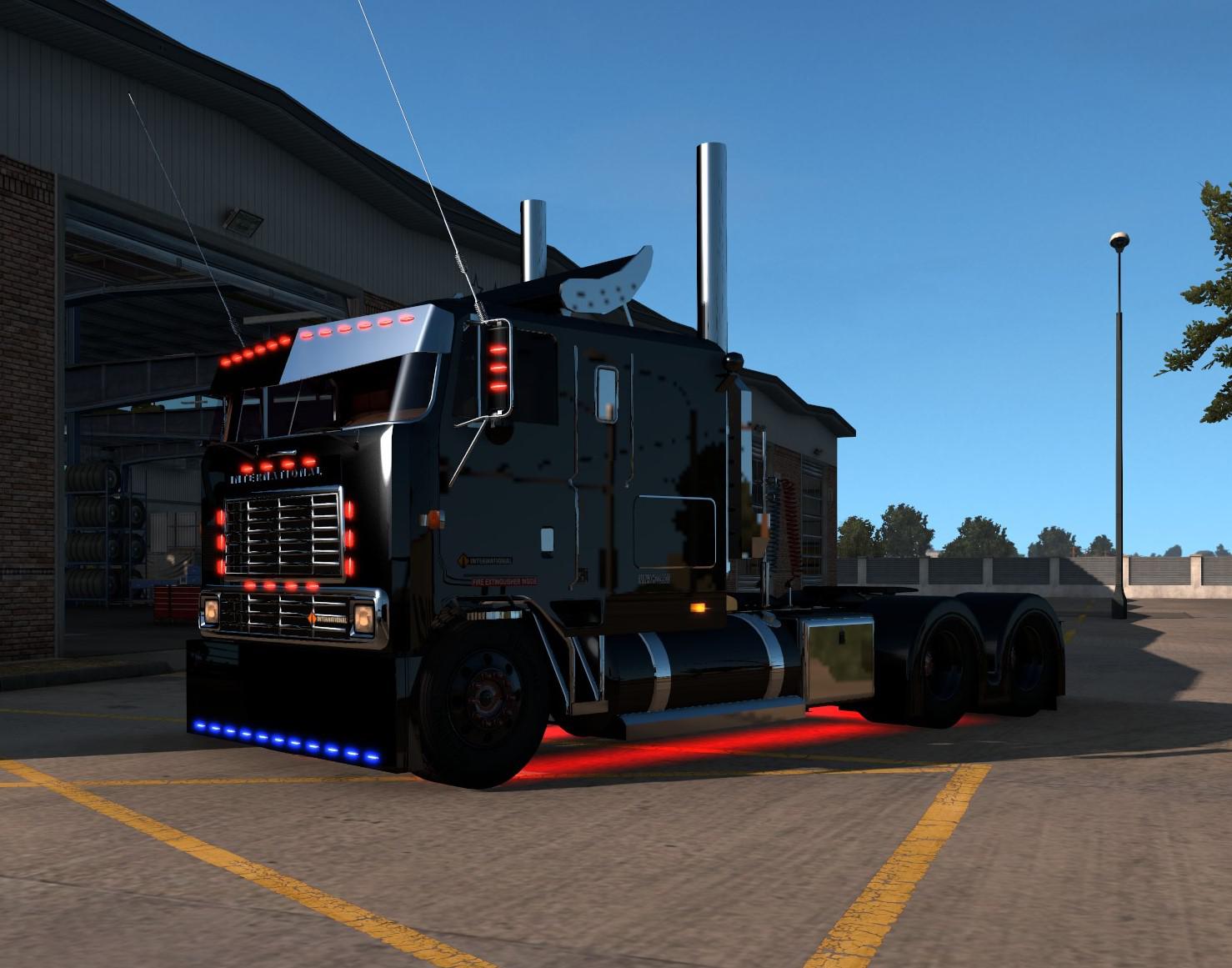Work Truck Payload Capacity Understanding the Importance and Factors Influencing Efficiency

Introduction:
Work trucks play a crucial role in various industries, including construction, agriculture, and logistics. These vehicles are designed to carry heavy loads, making their payload capacity a critical factor to consider when selecting the right truck for a specific job. In this article, we will delve into the concept of work truck payload capacity, exploring its significance, factors influencing efficiency, and the implications it has on industries and businesses. By understanding these key aspects, individuals and organizations can make informed decisions when it comes to choosing the most suitable work truck for their needs.
Section 1: Defining Work Truck Payload Capacity

1.1 Understanding Payload Capacity:
Work truck payload capacity refers to the maximum weight a truck can carry, including the cargo, passengers, and any additional equipment or accessories. It is typically measured in pounds or kilograms and is a crucial consideration for industries that require transportation of heavy items or materials.
1.2 Importance of Payload Capacity:
The payload capacity of a work truck directly impacts its efficiency and productivity. By selecting a truck with an appropriate payload capacity, businesses can ensure that they can transport their required loads safely and efficiently. Overloading a truck can lead to various issues, including decreased fuel efficiency, excessive wear and tear on the vehicle, and compromised safety. Therefore, understanding and adhering to the payload capacity limits is essential for the smooth operation of any work truck.
Section 2: Factors Influencing Work Truck Payload Capacity
2.1 Vehicle Design and Construction:
The design and construction of a work truck play a significant role in determining its payload capacity. best vacuum for semi truck consider factors such as the chassis strength, suspension system, and frame durability when designing trucks intended for heavy-duty applications. These design elements are crucial in ensuring that the truck can handle the stress and weight distribution associated with heavy loads.
2.2 Engine Power and Torque:
The power and torque output of a truck's engine have a direct impact on its payload capacity. A more powerful engine can provide the necessary thrust to move heavier loads, while high torque facilitates better acceleration and handling of heavy cargo. It is important to consider the engine specifications when selecting a work truck, as a mismatch between the engine power and payload capacity can result in decreased performance and potential safety hazards.
2.3 Axle and Suspension Systems:
The axle and suspension systems of a work truck are critical components that influence its payload capacity. These systems are designed to distribute the weight evenly across the vehicle's wheels, ensuring stability and preventing excessive strain on individual components. Flatbed truck inspection of axles, their load-bearing capacity, and the suspension type all contribute to the overall payload capacity of the truck.
2.4 Gross Vehicle Weight Rating (GVWR):
The Gross Vehicle Weight Rating (GVWR) is a crucial specification that determines the maximum weight a work truck can carry safely. It includes the weight of the vehicle itself, the payload, passengers, and any additional equipment. Exceeding the GVWR can lead to severe consequences, including reduced braking performance, compromised handling, and potential damage to the vehicle's structural integrity. Therefore, it is essential to consider the GVWR when determining the appropriate work truck for a specific application.
2.5 Cargo Distribution and Load Placement:
Efficient cargo distribution and load placement are vital for optimizing the payload capacity of a work truck. Properly distributing the weight across the vehicle helps maintain stability, improves handling, and minimizes the risk of accidents. Additionally, securing the cargo properly prevents shifting during transit, reducing the strain on the truck's components and ensuring safe transportation.
Section 3: Implications for Industries and Businesses
3.1 Construction Industry:
In the construction industry, work trucks with high payload capacities are invaluable for transporting heavy construction materials, equipment, and machinery. Choosing Custom-built vacuum trucks for sale with the appropriate payload capacity ensures that construction projects can proceed efficiently, with minimal delays caused by transportation limitations. Moreover, adhering to payload capacity limits promotes safety on construction sites, reducing the risk of accidents and injuries.
3.2 Agriculture and Farming:
The agricultural sector heavily relies on work trucks to transport crops, livestock, and farm equipment. Trucks with high payload capacities enable farmers to move large quantities of produce or livestock in a single trip, maximizing efficiency and minimizing transport costs. Moreover, considering the payload capacity when selecting work trucks for agricultural purposes helps prevent damage to crops or livestock during transportation.
3.3 Logistics and Transportation:
Transportation and logistics companies depend on work trucks to deliver goods and materials to various destinations. The payload capacity of these trucks plays a crucial role in determining the efficiency and profitability of such operations. By selecting trucks with optimal payload capacities, companies can minimize the number of trips required to transport goods, reducing fuel consumption, and enhancing overall productivity.
Conclusion:
Work truck payload capacity is a fundamental aspect to consider when selecting a truck for any industry or application. Understanding the factors that influence payload capacity, such as vehicle design, engine power, axle and suspension systems, and cargo distribution, allows individuals and businesses to make informed decisions. By considering these factors, industries can ensure the safe and efficient transportation of heavy loads, leading to increased productivity and reduced operational costs. Work truck payload capacity is an essential consideration for anyone seeking to optimize their operations and achieve success in their respective industries.
